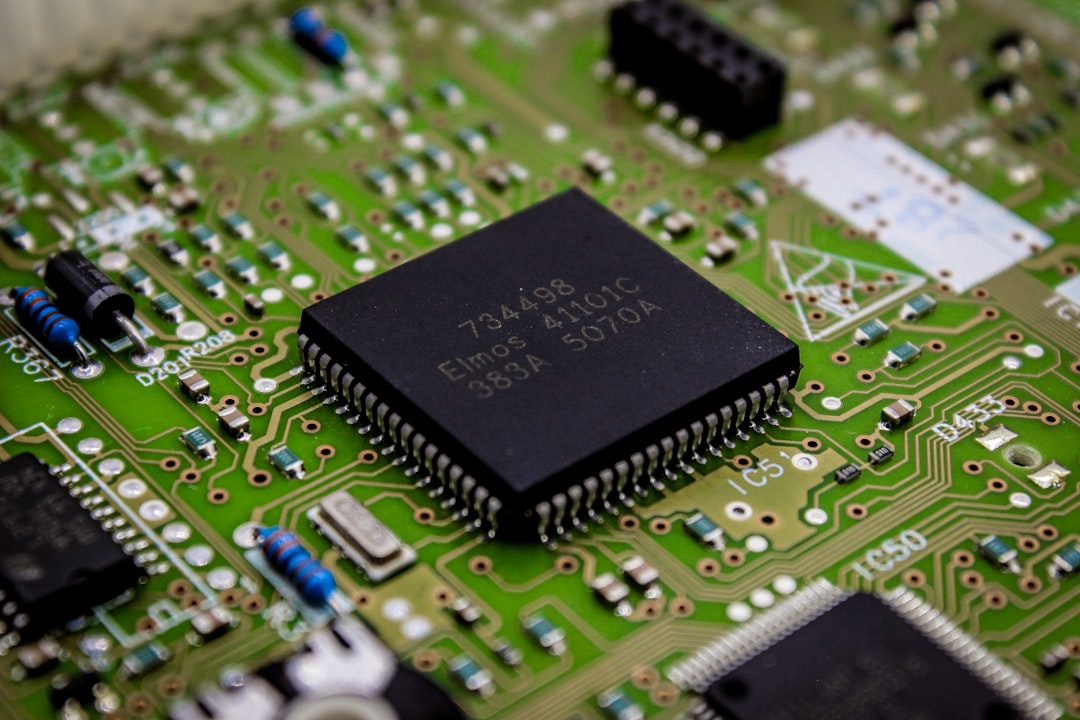What is it about?
In recent years, deep learning has become increasingly important in many areas, from recognizing faces to understanding text. However, running these complex models on mobile devices like smartphones and tablets presents many challenges. Mobile devices are very different from each other, and sometimes they need to run multiple deep learning models at once. This can make it hard to get the best performance and quick results. Our research introduces a new system called CARIn, which helps deep learning models work more efficiently on a wide range of devices. CARIn adjusts how these models run in real-time, ensuring they meet specific goals like speed and accuracy, even when conditions change. We tested CARIn on various tasks and found it performs much better than existing methods, making deep learning faster and more reliable on mobile devices.
Featured Image

Photo by NordWood Themes on Unsplash
Why is it important?
Our work is unique because it improves how deep learning models run on different mobile devices, which is crucial as these devices become more common and powerful. CARIn is timely because it meets the growing need for real-time applications, like instant photo recognition, by providing a system that adapts in real-time for optimal performance.
Perspectives
I'm excited about this publication because it makes advanced deep learning more efficient for everyday mobile use. CARIn's ability to adapt dynamically to changing conditions is a significant achievement, promising better performance for mobile applications that people use daily.
Ioannis Panopoulos
National Technical University of Athens
Read the Original
This page is a summary of: CARIn: Constraint-Aware and Responsive Inference on Heterogeneous Devices for Single- and Multi-DNN Workloads, ACM Transactions on Embedded Computing Systems, May 2024, ACM (Association for Computing Machinery),
DOI: 10.1145/3665868.
You can read the full text:
Contributors
The following have contributed to this page










